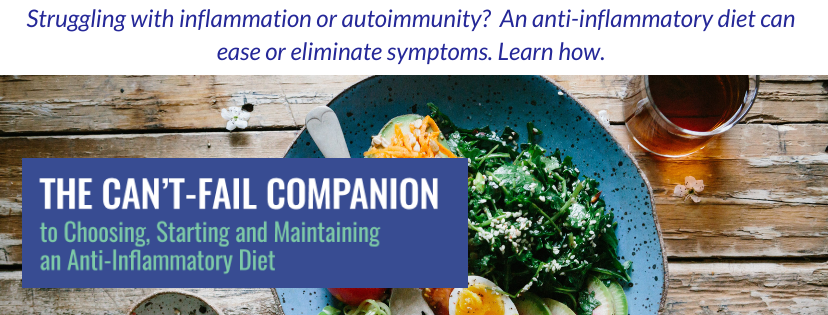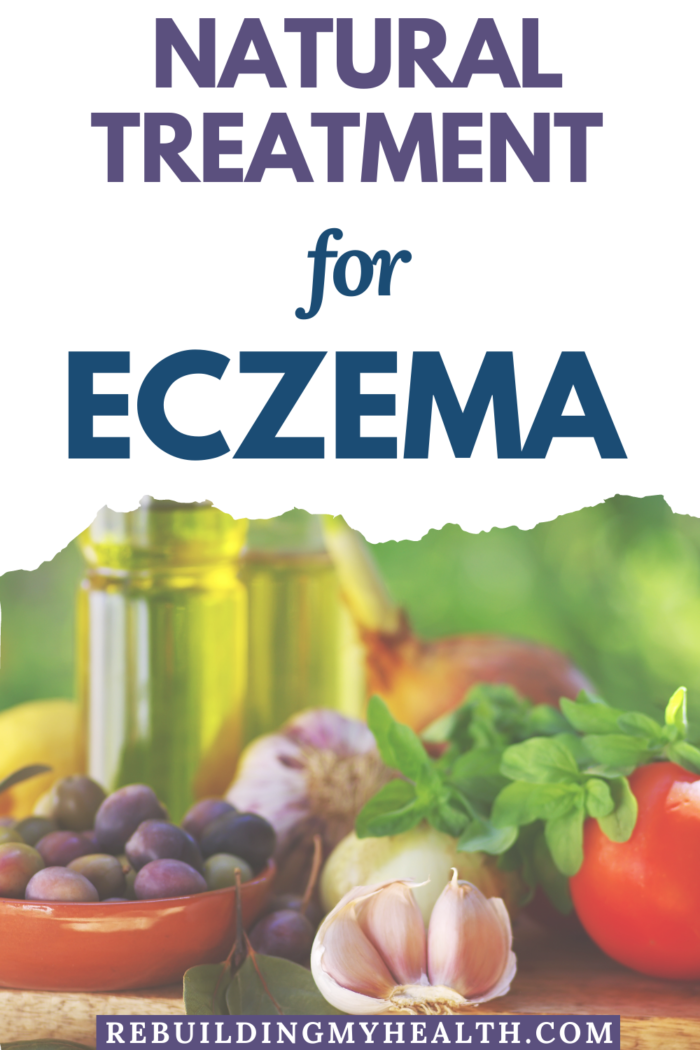The Inside-and-Out Eczema Treatment that Cleared One Woman’s Skin
“I’m learning that it’s not just the external factors that impact my skin, but also internal. What I put in my body definitely has an impact on how my skin appears. It definitely is about paying attention to my body.”
– Sandra
In her early 20s, Sandra was busy with law school when she began noticing breakouts on her arms. Since it worsened in the summer, she figured the thick Texas heat and humidity were to blame – leading her to avoid the outdoors.
Sandra tried various lotions, but none seemed to help. Over time, her skin worsened and further eroded her quality of life. She found it difficult to sleep and wore long sleeves to cover her bumpy skin.
“It was itchy, inflamed and painful to the touch at times,” Sandra says. “I put a lot of limitations on myself because of it.”
What is Eczema?
After years of trying to treat her skin on her own, she finally saw a dermatologist, who officially diagnosed her with eczema. Also called atopic dermatitis, eczema causes the skin to become dry, red, itchy or bumpy.
Eczema affects an estimated 15-20 percent of people at some point and tends to be more common in those with allergies or asthma.
For Sandra, the dermatologist recommended a two-week course of hydrocortisone cream. However, she also offered several suggestions to help clear it naturally.
The dermatologist advised that Sandra stop using cleansers and detergents with sulfate. Sodium lauryl sulfate (SLS) and sodium laureth sulfate (SLES) are two forms of sulfates found across many personal care and cleaning products. Some individuals may experience skin, eye or mouth irritation when they come into contact with sulfates.
Sandra swapped any sulfate skin cleansers for those with vegetable oils. She also traded perfume for essential oils.
Eczema and Diet
Researching on her own, Sandra learned that diet can influence eczema. In response, she upped her water intake and decided to try going dairy-free.
Dairy, unfortunately, turned out to be a trigger for Sandra’s eczema, leading her to eliminate it entirely. At the same time, she reduced her sugar intake.
“I’m learning that it’s not just the external factors that impact my skin, but also internal,” she says. “What I put in my body definitely has an impact on how my skin appears. It definitely is about paying attention to my body.”
“When I started implementing those changes, it completely stopped the breakouts. I haven’t had a breakout since,” she says.
Maintenance Regimen for Eczema
To stay eczema-free, Sandra continues to stay well-hydrated and avoid dairy. While she was once vegan, her diet now looks more Mediterranean, with a high vegetable content.
Instead of lotions, she applies almond or grapeseed oils, and always wears sunscreen outdoors. She also regularly sees an esthetician, who offers customized recommendations for Sandra’s skin.
While Sandra once thought anything organic would be acceptable, she discovered that an organic oatmeal bath triggered a serious eczema outbreak.
“I can’t assume because it’s all-natural that it’s still good for my skin,” she says.
Sandra’s now free from the pain and discomfort of eczema. She’s back to wearing short sleeves, sleeps better and spends time outside in the summer without worrying about a relapse.
“Those things may seem minor, but they can impact your quality of life. Those are things I definitely look forward to doing now,” she says.
In addition to being an attorney, Sandra also founded The Spa in Me to blog about wellness destinations near Austin, Texas, and hold retreats for women. The company has now evolved to concentrate on writing customer success stories for the spa and wellness industries.
Want to hear more? Listen to our podcast interview with Sandra:
If you enjoyed this story, you might also like: Diet Plus Detox Erases Eczema for British Woman.
The information on this site is for educational and inspirational purposes only and is not intended to replace the advice of qualified professionals. Keep in mind that what works for one person may not work for another. Always consult your healthcare practitioners before beginning new approaches or treatments. Some links on Rebuilding My Health may be affiliate links. This means that we may receive a commission - with no additional cost to you - if you make any purchases using those affiliate links. Rebuilding My Health is a participant in the Amazon Services LLC Associates Program. Learn more.



